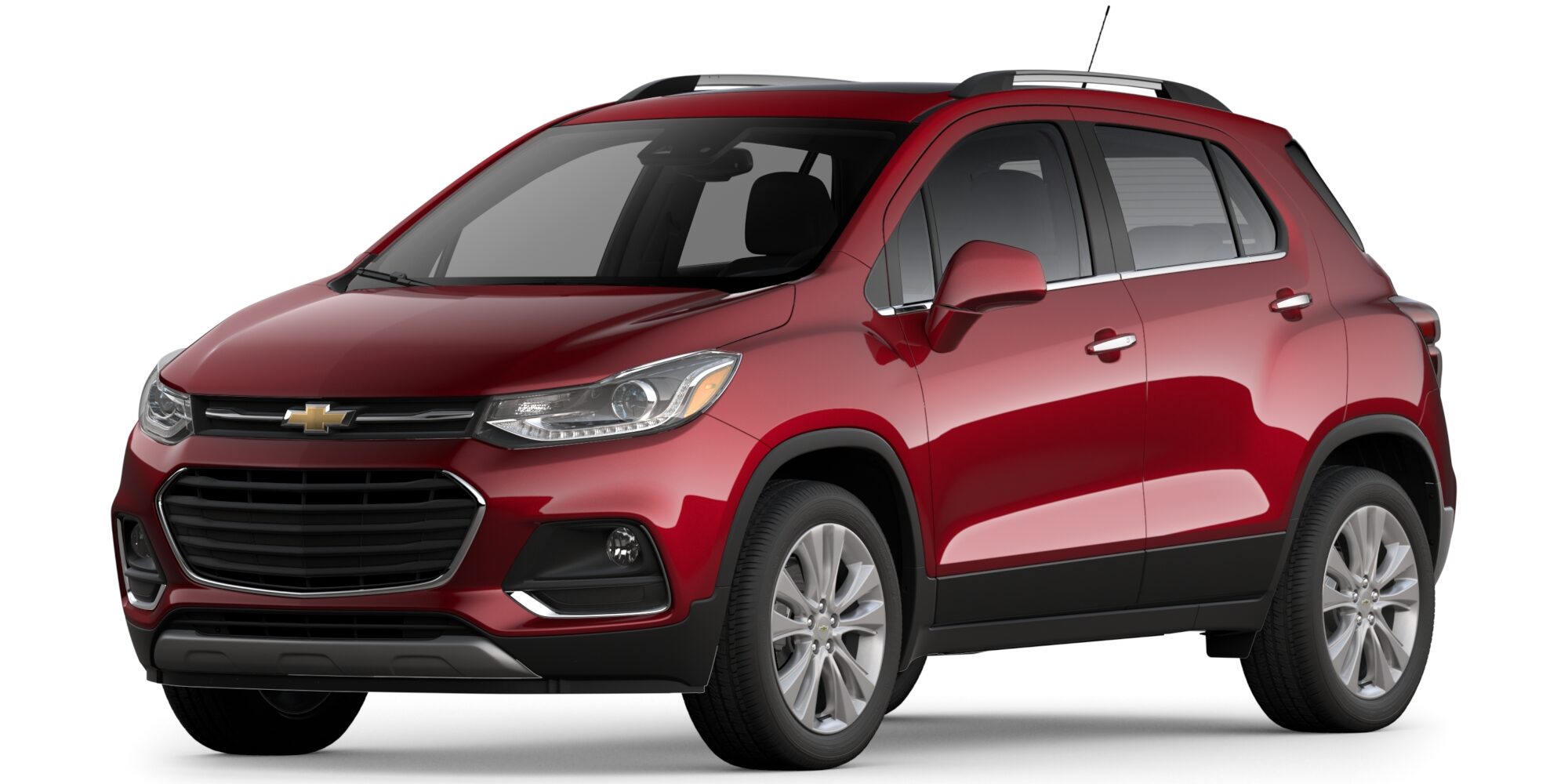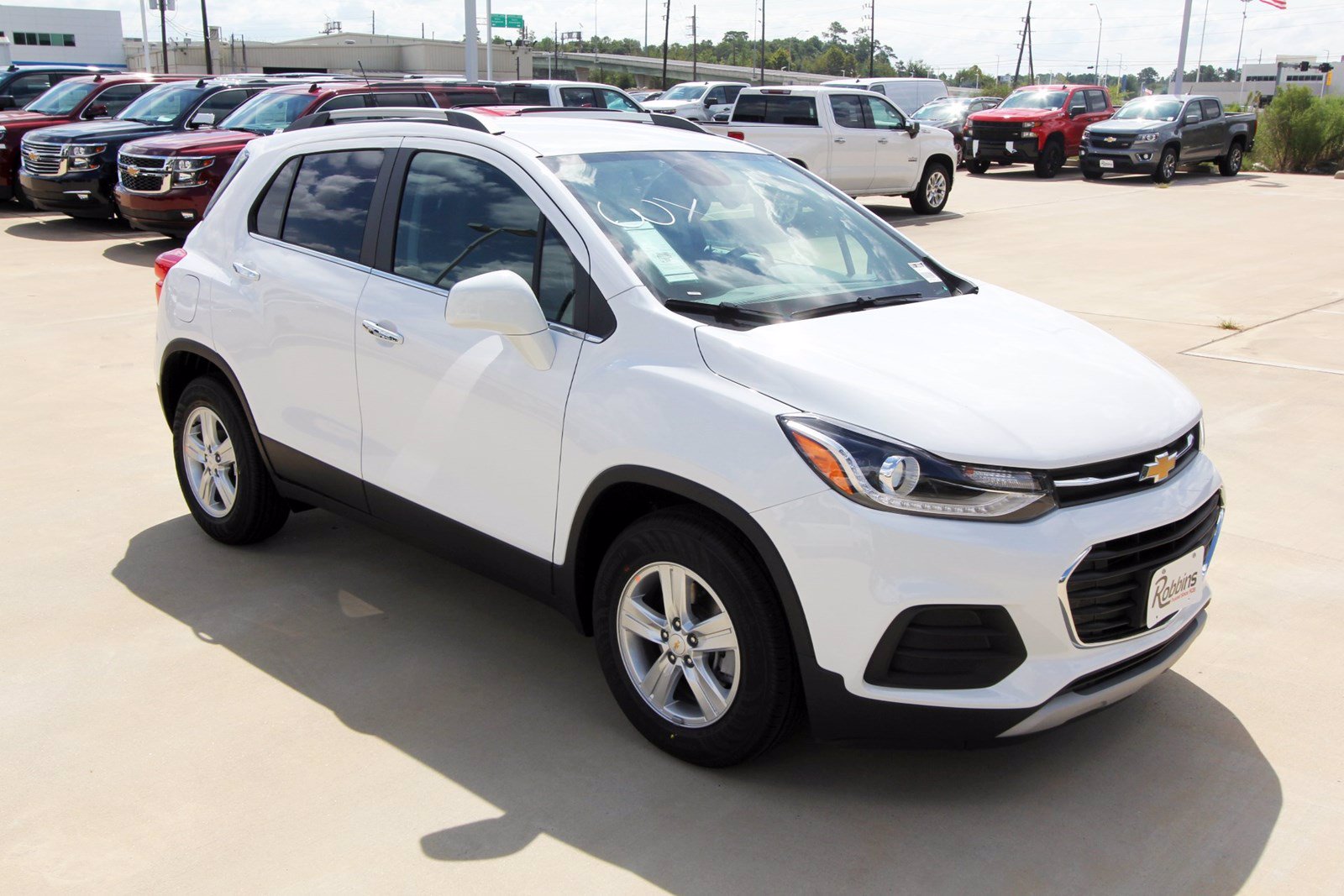


The Trax is powered by a 1364cc 4-cylinder Gasoline engine produces 140 hp of power and 200 Nm of torque. There are 2 variants available of Trax: 1.4T 6AT FWD LS and 1.4T 6AT FWD LT. The Trax is priced between ₱1.186 Million and ₱1.536 Million. As for safety, the Trax gets six airbags, ABS with EBD, electronic stability control, hill start assist, ISOFIX child mounts, and tire pressure monitoring to name a few. Under the hood, the Trax is powered by a 1.4-litre turbocharged petrol engine that generates 140 PS of power and 200 Nm of torque. The interior features a subtle design and has comforts like 8-inch touchscreen infotainment, leather upholstery, cruise control, push-button start, and keyless entry. The Trax has a sharp appearance, thanks to its dual-port grille that is flanked by sleek headlamps with LED DRLs and a sculpted bumper. The cavernous HR-V, which held four more carry-ons with the seats folded, is the pick of the subcompact-crossover litter for those who frequently carry large items.The Trax is a subcompact crossover from Chevrolet that is made available in two variants in the Philippine market, with the base variant priced at Php 1.19 Million. Still, we managed to fit 18 carry-on suitcases with the rear seats stowed. The Trax's cargo area is on the small side of its segment, and its rear seats aren't as easy to fold as they are in several competitors. Rivals including the Honda HR-V, the Jeep Renegade, and CX-3 offer all of the above features for less money. Only the top Premier model offers nicer amenities such as heated front seats and a sunroof, while automatic climate control isn't available at all. Venture further down the center stack, though, and you'll find cheap-feeling climate controls and cut-rate plastics around the shifter and center console. There are also some stitched dashboard inserts that help cultivate a more upscale look. The Trax comes standard with a well-integrated, easy-to-use touchscreen mounted at the top of the dashboard. Interior, Comfort, and CargoĪ high seating position and expansive headroom make the Trax's cabin feel airy and spacious, but it actually has less rear-seat room and cargo space than several of its competitors. The Soul not only achieved better fuel economy but also provided a whopping 63-hp advantage over the Trax and accelerated to 60 mph nearly three seconds quicker. The front-wheel-drive Trax underperformed in our highway fuel-economy test, falling short of its EPA number with a 29-mpg result. The Trax's drivetrain provides a subpar combination of fuel efficiency and acceleration that is worse than its rivals.

There's not much variation among the Trax's competitive set in terms of fuel economy, both by the EPA's standards and in our real-world testing. 2017 Chevrolet Trax Tested: Small Stands Tall.The Trax's brakes are among the strongest in its class, and the pedal feels firm and confidence-inspiring. There's less leaning in corners than you'd expect given the Trax's tall stature, although the handling isn't as responsive and eager as competitors such as the CX-3 and the Soul. A firm ride and steady handling give the Trax a feeling of solidity, and quick steering makes it agile in parking lots and urban areas. A front-wheel-drive Trax Premier required a languid 9.3 seconds to reach 60 mph in our acceleration testing. The six-speed automatic is smooth enough, but often executes sluggish shifts and is sometimes reluctant to downshift. However, as soon as you need to pass or merge on the highway, the engine runs out of steam, providing more noise than actual acceleration when you step on it. Around town, the engine's turbocharger provides a decent amount of low-end punch. The turbocharged 1.4-liter four-cylinder makes 138 horsepower, a low number for this segment, and it's buzzy and unrefined. Only one engine is offered in the Trax, and it's not a great one.


 0 kommentar(er)
0 kommentar(er)
